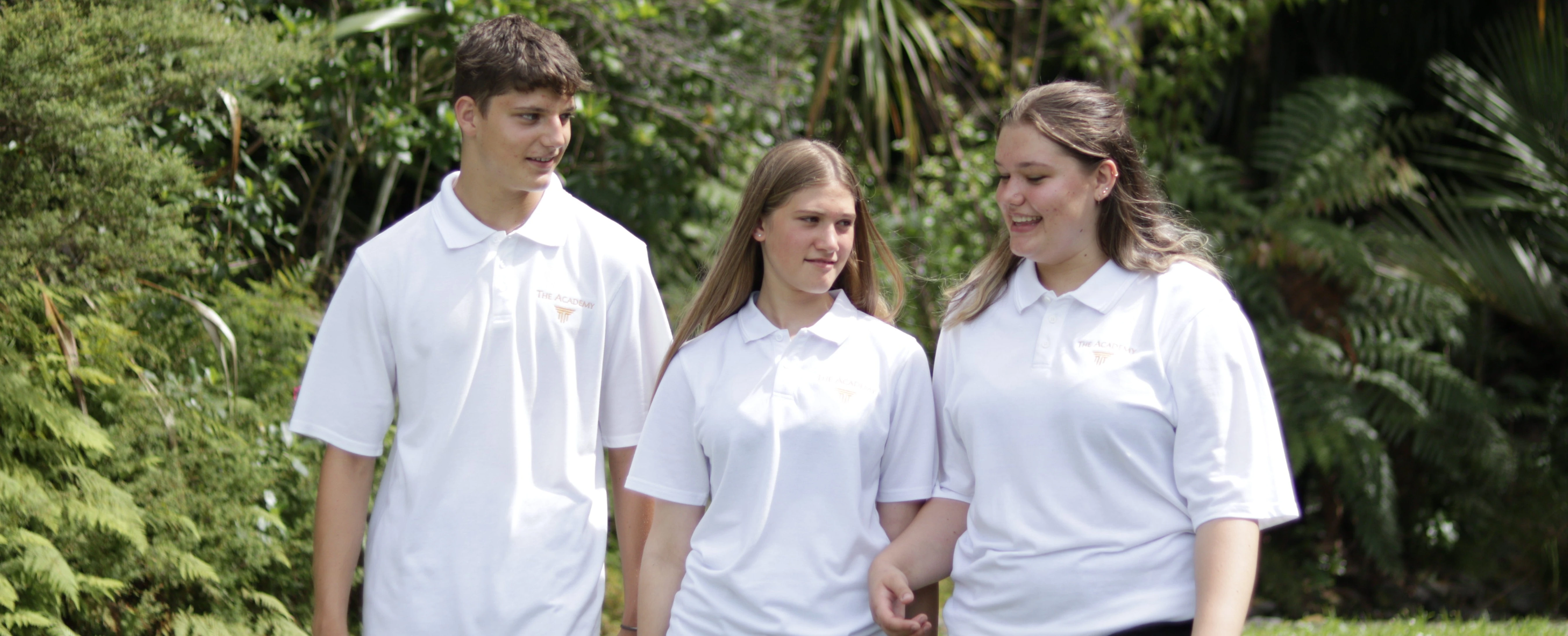Humanities at The Academy
"Study the past if you would define the future." - Confucius
At The Academy, our Humanities curriculum for Years 7 to 10 explores the story of human ingenuity through science and technology. The curriculum focuses on historical inquiry and civic responsibility. Designed for a STEM-focused school, the program helps students understand progress, ethics, and global impact.
Through interdisciplinary units, students act as historians, scientists, and ethical thinkers. They analyse primary sources, build working models of ancient machines, simulate public health crises, and debate the moral implications of wartime innovations. Our curriculum fosters critical thinking, problem-solving, and a sense of agency by connecting historical events to contemporary challenges like climate science, digital privacy, and equitable access to technology.
Delivered in a project-based format, our Humanities program integrates with The Academy's STEM focus. Lessons include classroom debates, hands-on reconstructions, coding simulations, and digital reconstructions. Ethical questions are at the heart of every unit. Students examine real-world issues such as the balance between innovation and inequality, or the responsibilities of scientists in society.
"Science and technology revolutionize our lives, but memory, tradition, and myth frame our response." - Arthur M. Schlesinger, Jr.
Our program builds core historical thinking skills (constructing timelines, analysing cause and effect, evaluating evidence) while integrating STEM competencies like data interpretation, systems thinking, and computational modeling. Projects are multidisciplinary, drawing on geography, science, and literacy. From Year 7's foundations in early tools and Greek science to Year 10's deep dives into nuclear ethics and climate activism, students progress from describing events to synthesising arguments and leading independent research.
Assessment is authentic and varied, aligning with each unit's focus: research essays on steam engines' societal impact, biographies of pioneers like Marie Curie, debates on nuclear deterrence, visual infographics of navigation tools, models of Roman aqueducts, and coding projects simulating cryptography.
"Never doubt that a small group of thoughtful, committed citizens can change the world; indeed, it is the only thing that ever has." - Margaret Mead, American anthropologist
Year-by-Year Highlights:
- In Year 7, students build foundations with units on early tools, Greek science, cross-cultural astronomy, ancient engineering, and hygiene practices, complete with model-building and awareness campaigns that link past innovations to today's community responsibilities.
- Year 8 deepens explanation through medieval medicine, alchemy to chemistry, metallurgy, navigation and exploration, and the Industrial Revolution, featuring debates on safety regulations and position papers on sustainable resources.
- Year 9 emphasises analysis with electricity inventions, 20th-century medicine ethics, cryptography, women in science, and wartime technology, highlighted by invention pitches, escape-room challenges, and essays on moral responsibilities.
- Year 10 culminates in synthesis with modern physics (in the context of WW1 and WW2), the atom bomb, the space race, biotechnology, and climate science, through ethical debates, reflections on nuclear policy, and action plans for local issues like raising concerns with councils.
Guiding Principles for Humanities at The Academy:
- We empower students with historical inquiry skills to investigate past innovations and their lasting impacts on science, technology, and society.
- We cultivate ethical reasoning by connecting historical dilemmas (like the atomic bomb or genetic engineering) to modern civic responsibilities.
- We foster active citizenship through debates, projects, and real-world connections, encouraging students to advocate for justice, equality, and sustainability.
- We integrate New Zealand's contexts, while exploring global roles in politics, economy, and environmental stewardship.
"It is in justice that the ordering of society is centered." - Aristotle

